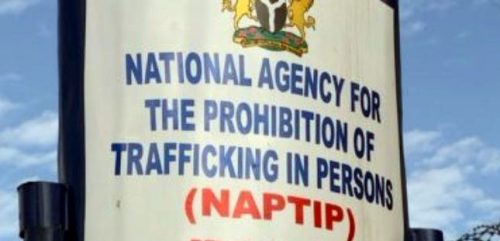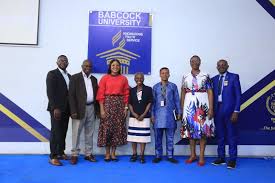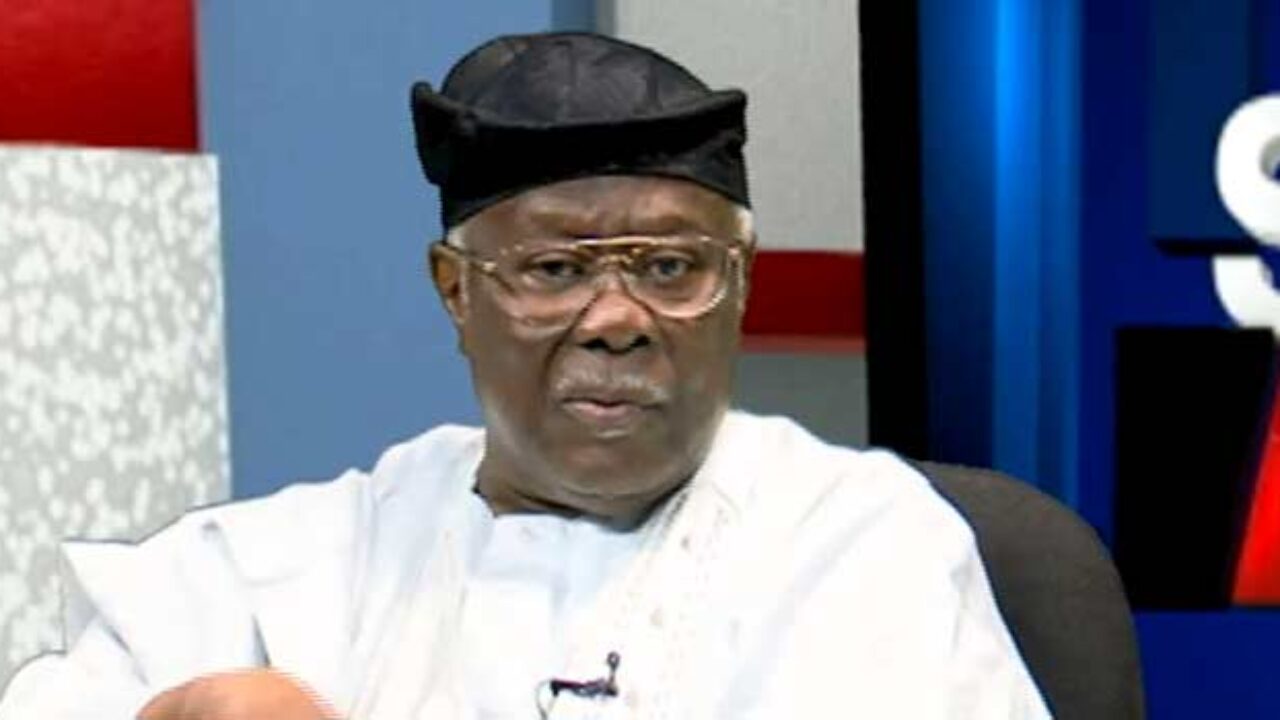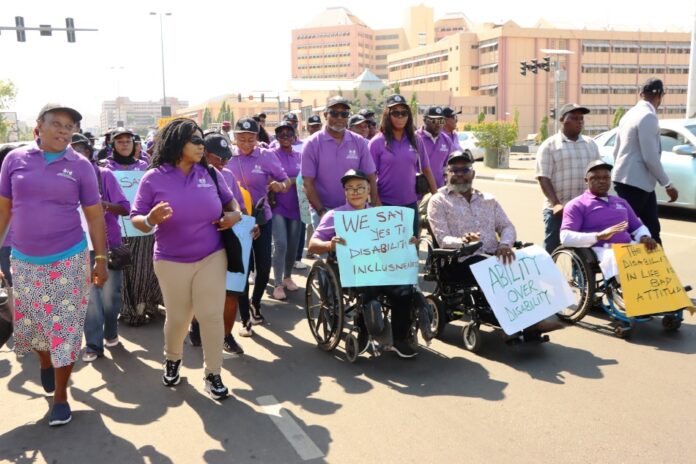‘We were sexually abused” — Nigerian workers recount ordeal in Central African Republic
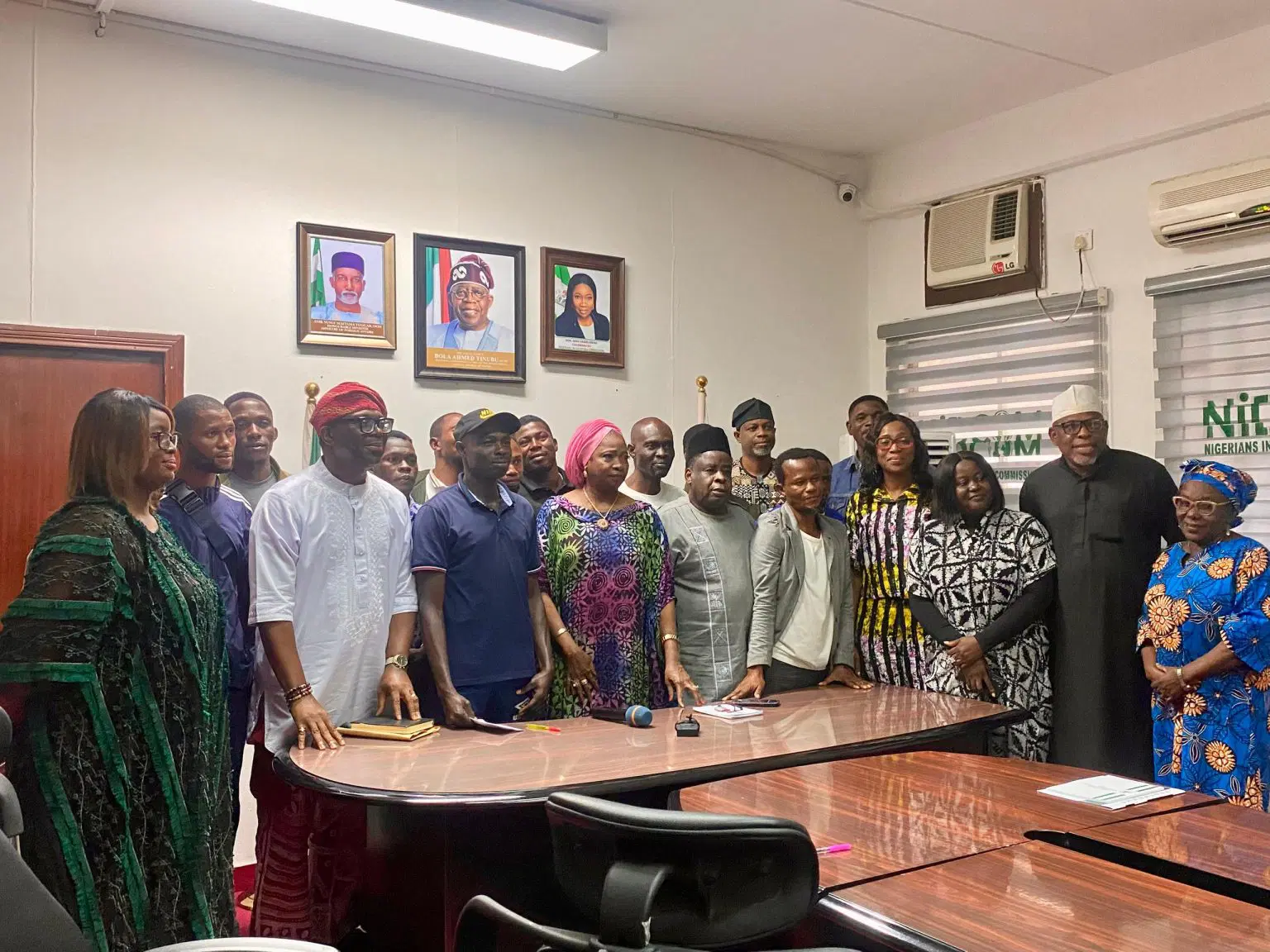
Twelve Nigerian workers rescued from the Central African Republic (CAR) have accused their Chinese employers of subjecting them to sexual abuse and withholding 11 months of salaries.
The men, who had been trapped in the country for months under harsh and unsafe conditions, said their ordeal included starvation, exploitation, and inhumane treatment while working for a Chinese mining company.
Their plight gained public attention three weeks ago when a video of their desperate appeal for help went viral. This prompted the Nigerian government to swiftly intervene, securing their relocation from remote mining sites to the capital, Bangui, before arranging their return home.
The group arrived in Nigeria earlier this week and visited the headquarters of the Nigerians in Diaspora Commission (NIDCOM) in Abuja, where they recounted their experiences to officials.
According to their accounts, the workers endured nearly two years of abuse, including being stranded in the forest after work without food or shelter.
The rescue effort, coordinated by the Presidency, the Ministry of Foreign Affairs, NIDCOM, and the Nigerian mission in CAR, provided them with medical care before their safe repatriation.
The leader of the rescued workers, Igorigo Freeborn, said it is important for the world to know that despite owing them 11 months’ salaries, “we were homosexually abused by our Chinese employers in CAR.
“I am not ashamed to say it. I want other people to learn from it. We were treated badly there, but thank God for sparing our lives to tell the stories today.
“I am one of those people who usually abuse Nigeria, and I don’t think anything good can come out of the country, but we were all so happy to receive help and succour from Nigeria.
“Let me use this opportunity to thank President Bola Ahmed Tinubu, the Minister of Foreign Affairs, the CAR Ambassador in Bangui, the Nigerians in Diaspora Commission (NIDCOM), NEMA, the Immigration Service and other government agencies for coming to our rescue almost immediately,” he said.
Freeborn said they had suffered a lot in the past 20 months since leaving Nigeria and pleaded with the government to help them redress the injustices meted out to them by their employers.
He recalled how they were left stranded in the forest after work without payment, leaving them starving in harsh and unsafe living conditions.
With support from the Presidency, Ministry of Foreign Affairs, NIDCOM, and the Nigerian mission, they were relocated to Bangui, provided with medical care, and eventually brought safely back home.
Welcoming back the returnees to Nigeria, Hon. Abike Dabiri-Erewa assured them that justice will be served as the Commission, in conjunction with relevant government agencies, would take up the matter on their behalf.
The NIDCOM boss condemned the acts as inhumane and assured that the matter would be pursued to ensure justice is served in line with the citizen diplomacy of President Ahmed Bola Tinubu.
She counselled them to be of good behaviour and partner with the Commission in its advocacy on irregular migration and its consequences.
NIDCOM, through Hon. Abike Dabiri-Erewa, provided financial assistance to all the returnees to help them settle down while awaiting their unpaid salaries.
She also called on well-meaning Nigerians and corporate organisations to assist Nigerians in settling down in the country.
A cash donation from Perchstone and Greys, presented by Mr Toyin Adenugba on behalf of Dr. Tolu Aderemi, Secretary to the Board of Trustees of the JAALS Foundation, was given to all 12 returnees.
Adenugba explained that the support was a demonstration of belief in the evacuees’ potential, meant to serve as a seed for rebuilding their lives, supporting their families, and creating new opportunities at home.
Other rescued workers are Rotimi Kupoluyi, Ajosi Julius, Odeh Collins, Anifowoshe Yekini, Akubo Oluwaseun and Olayemi Peter Adewale.
Others were Stephen Abel Otkli, Samuel Ojochenemi, Alih Joel Muhammed, Unekwu Bala and Yusuf Bameyi.





